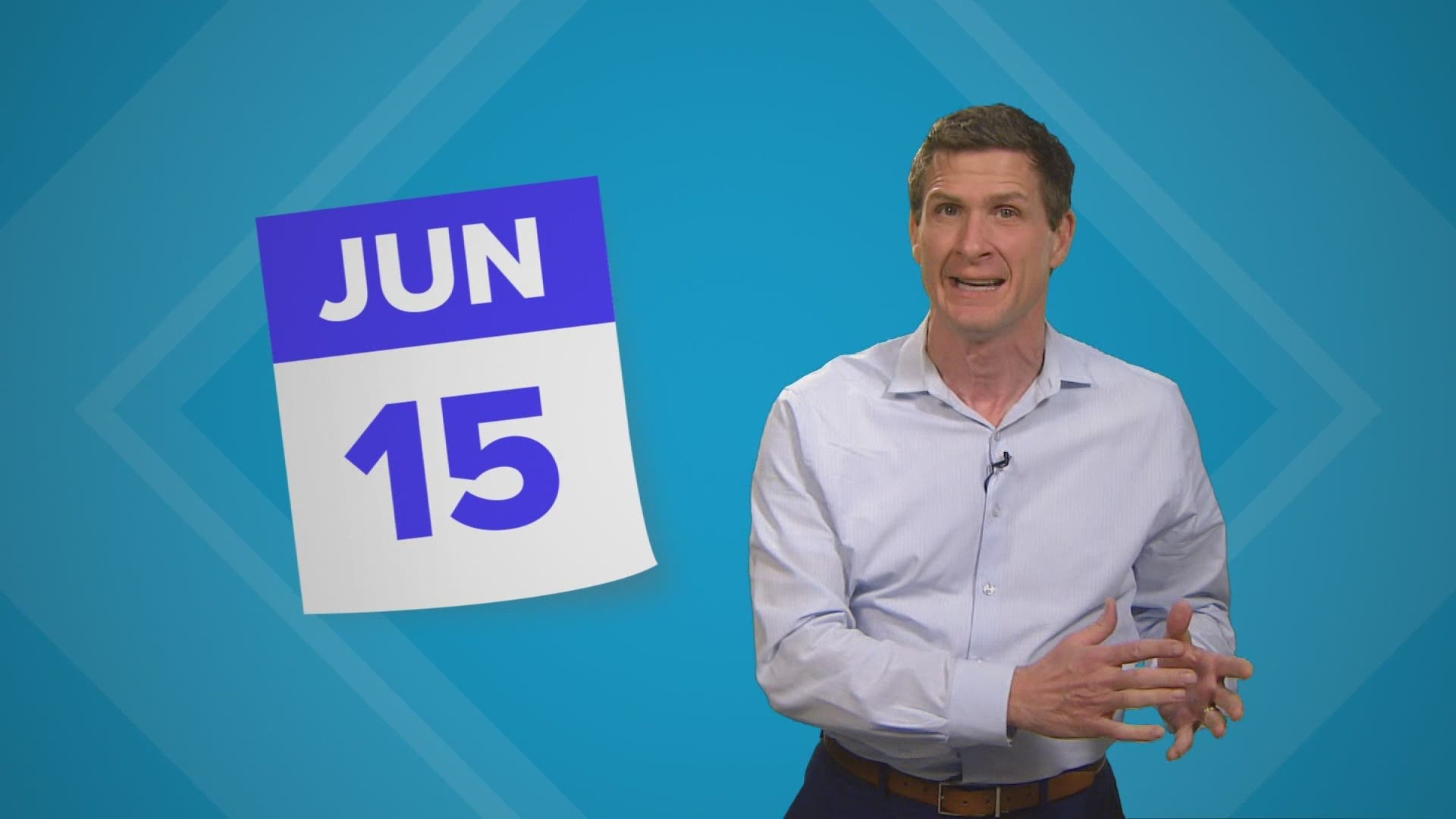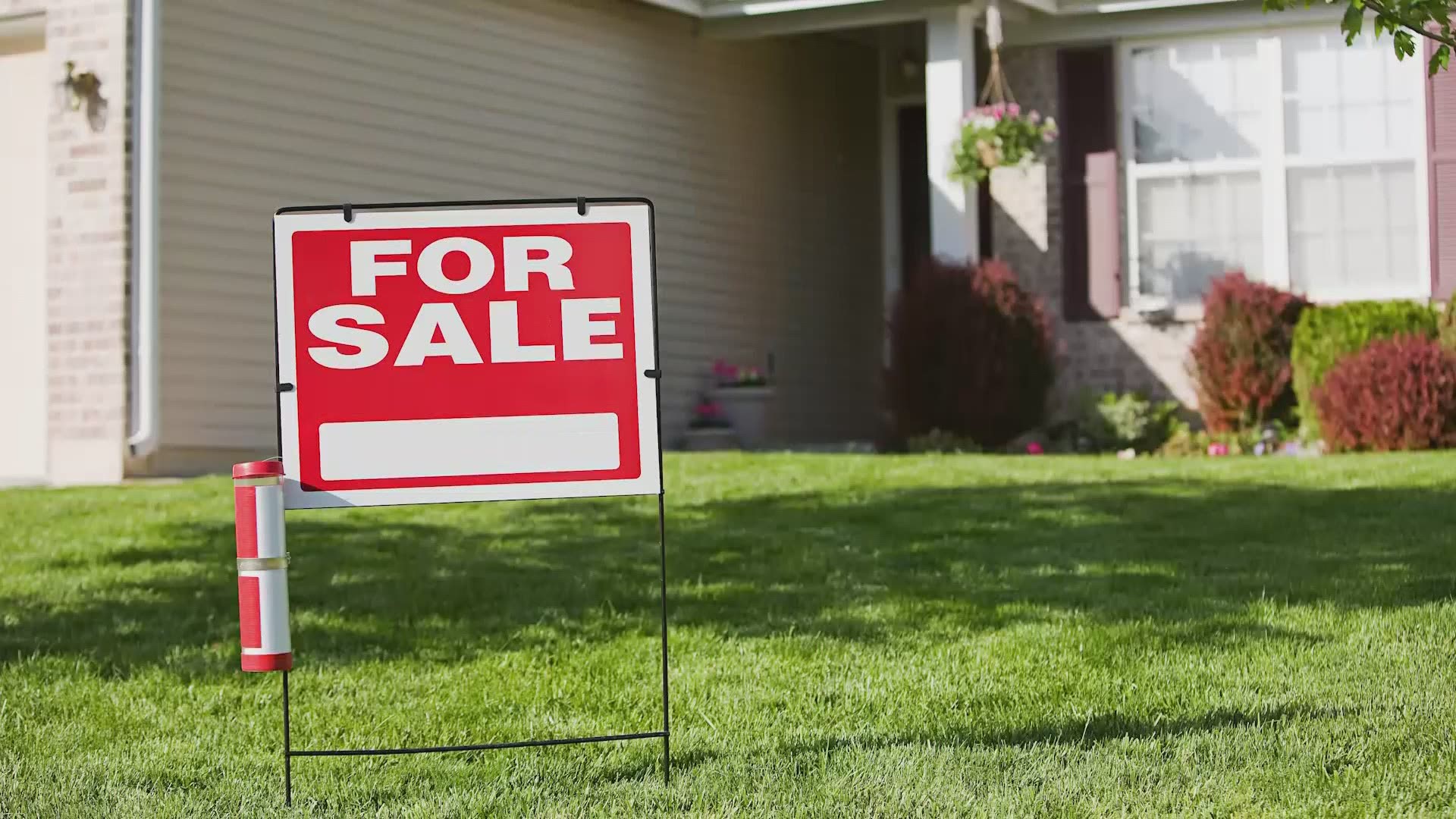We know the old saying: "The check’s in the mail." But some of you have been asking, 'Why wasn’t my latest COVID relief stimulus check sent straight into by bank account like the previous payments were?' Well, the IRS has a rule for everything, and this one falls under an appropriately named heading "Direct Deposit Limits".
To combat fraud and identity theft, the agency only allows for three direct deposits to the same account per year. After you receive your three, the IRS says if it needs to send money to you again, it will arrive by check in the mail.
A benefit (or two) from the February winter storm
Texans can now count at least one benefit from the February deep freeze across the state. Federal income taxes are not due this week. The due date was postponed until May because of the pandemic. And the IRS authorized an extra delay following the winter storm.
The deadline for Texans to file their individual returns was pushed all the way to June 15th. Someone asked whether that later deadline also applies if you want to give to an IRA to lessen your tax burden? The answer is yes; you also have that extra time for those so-called “prior year” IRA contributions. For some — that means we can now count two benefits from the deep freeze.
A follow-up to the impact of your credit on your insurance premiums
Finally, a follow-up to last week when I explained how your credit score is often used to determine how much you pay for auto insurance. We didn’t get into it then, but the same applies to your homeowner’s insurance—so your credit is hugely important. But your credit score can always go up or down. If it’s gone up since you signed up for insurance, ask your agent to check it again, because it might lower your premiums.
You can dispute incorrect entries on your report. And certain credit history items can’t be held against you. If you are wondering, there are insurers who don’t even check your credit, but some experts caution you might end up paying even more that way.


